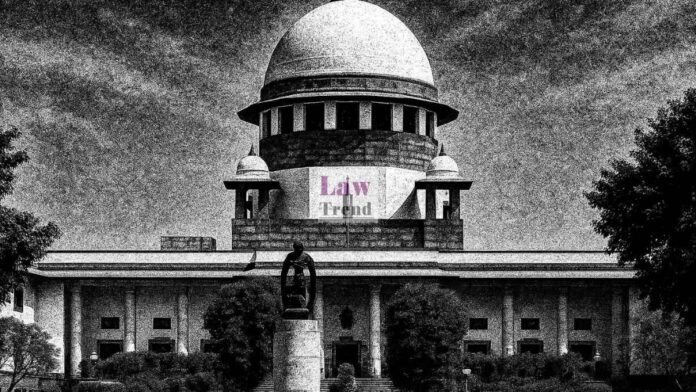The Supreme Court of India, in a judgment delivered on October 10, 2025, has dismissed an appeal filed by Colonel S.K. Jain, thereby upholding the decision of the Armed Forces Tribunal (AFT) to substitute his conviction. The AFT had altered a conviction for a civil offence under the Arms Act, 1959, to a service offence
To Read More Please Subscribe to VIP Membership for Unlimited Access to All the Articles, Download Available Copies of Judgments/Order, Acess to Central/State Bare Acts, Advertisement Free Content, Access to More than 4000 Legal Drafts( Readymade Editable Formats of Suits, Petitions, Writs, Legal Notices, Divorce Petitions, 138 Notices, Bail Applications etc.) in Hindi and English.




